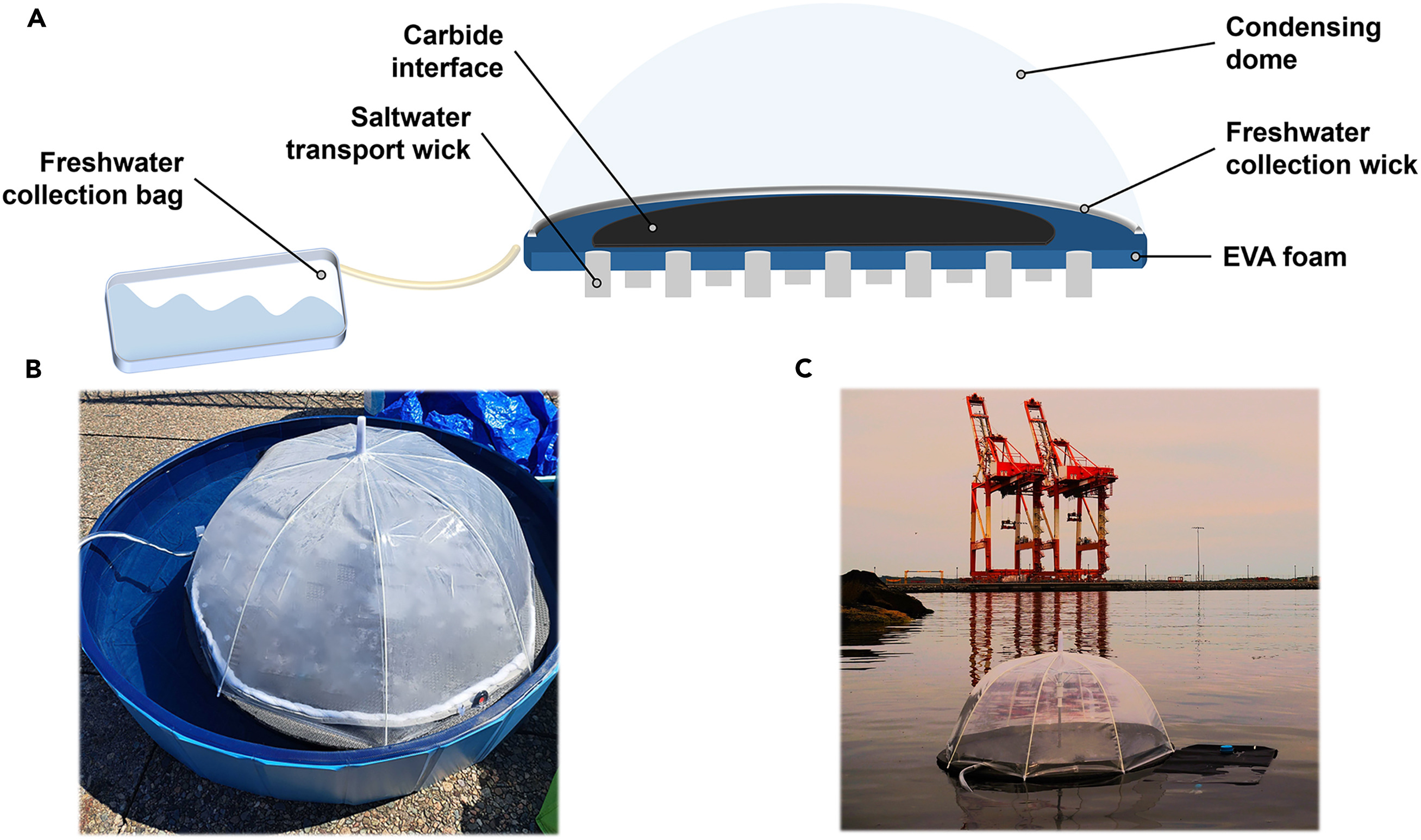
This next step is a bit more time-consuming, but as mentioned before, there are several programs that can affect Steam’s ability to launch. This means that you need to go through the programs that are running and find out if any of them are causing the failure. Some of the most common offenders are the driver software from external devices like headphones, microphones, webcams, controllers, and other peripherals. You should start by unplugging all unnecessary peripherals and then closing all of their associated apps before checking Steam.
Once you’ve checked these potential issues, you can hit Ctrl+Alt+Delete and then select the Task Manager. This will show you all of the programs that are currently running on your computer. Overclocking software, web optimizers, system cleaners, recording software, proxies, performance boosters, and more can all potentially cause issues with Steam. Shut down any processes that aren’t directly related to your operating system and then try launching Steam.
If Steam launches, then you know that one of these programs is the source of the problem and you can begin the long process of finding out which one by reactivating them one at a time until you find the problem app by process of elimination. If Steam still isn’t working, then it’s likely that a hardware failure is the source of your problem.










